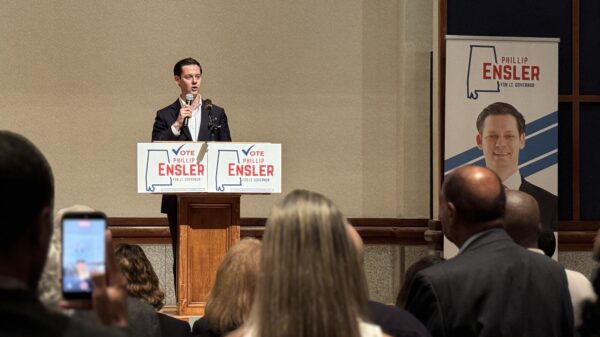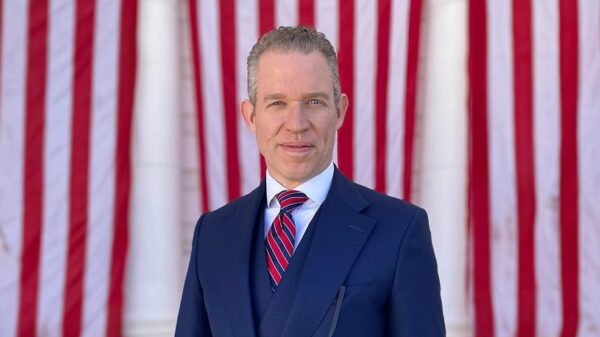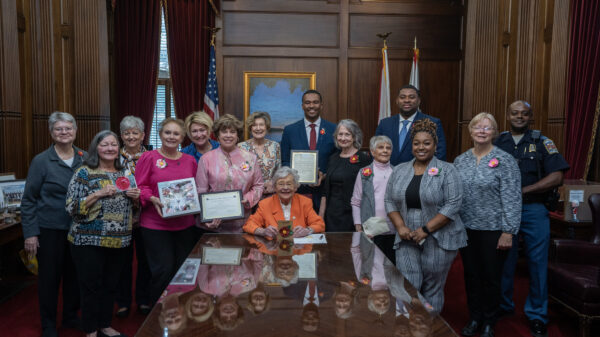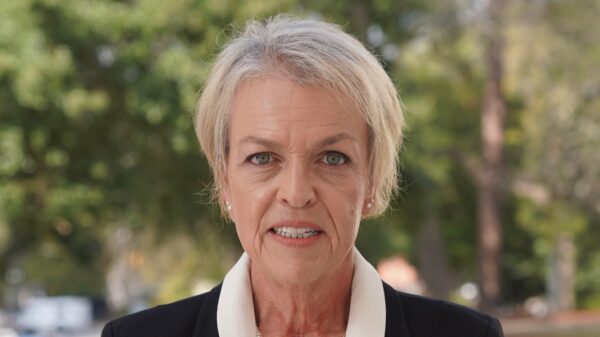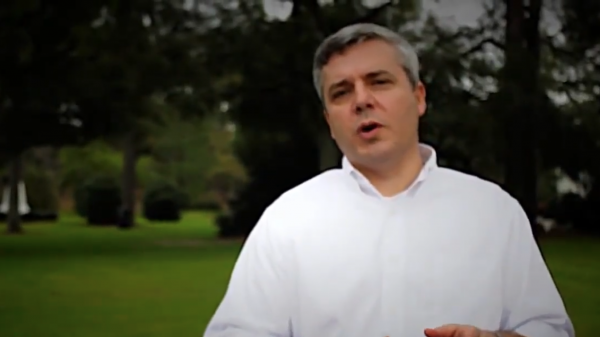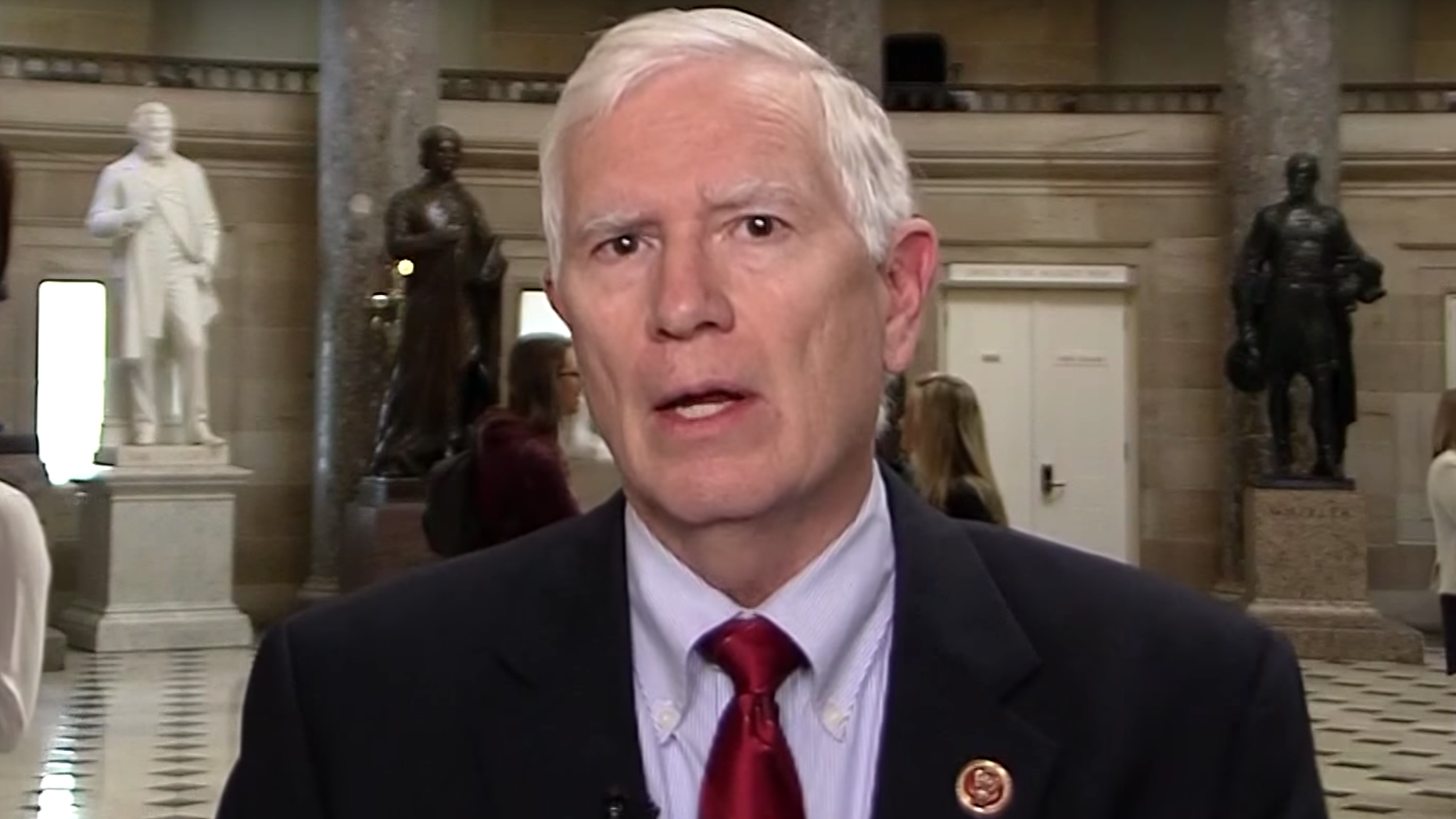Monday, Rep. Mo Brooks, R-Alabama, reintroduced the End Federal Government Shutdowns Act of 2019. Brooks said the bill would automatically require continuity of spending at the previous year’s levels should Congress fail to pass spending bills on time.
Brooks said that passage would make government shutdowns a thing of the past. The bill has two original cosponsors: Rep. Mark Meadows, R-North Carolina, and Rep. Andy Harris, R-Maryland.
“For far too long, Congress has relied on short-term, stop-gap funding bills to keep the federal government open and running — and have done so when up against holidays and midnight deadlines,” Brooks said. “Shutdown politics results in spending money America doesn’t have, has to borrow to get and cannot afford to pay back. Members of Congress are expected to vote on massive spending bills hours after the bills are introduced, before anyone on Capitol Hill or the American people have time to read the bills. Take the last stop-gap bill Congress passed; the bill was made public a little after midnight on Feb. 14 and the House of Representatives passed the 1,169 page bill at 9 p.m. the same day. This is an unacceptable way to spend billions in taxpayer dollars, and I voted against this financially irresponsible bill.”
“The End Federal Government Shutdowns Act automatically requires continuity of spending at the previous year’s levels should Congress fail to pass spending bills on time,” Brooks said. “Hence, government shutdowns become a thing of the past. The shutdown politics and last minute, closed-doors negotiations will become a thing of the past, and perhaps more importantly, federal workers and contractors won’t be used as bargaining chips in partisan negotiations.”
“If the End Federal Government Shutdowns Act were enacted, leadership of both parties would have no choice but to aggressively seek timely agreement and passage of appropriations bills to achieve new funding and policy objectives,” Brooks said. “A flat-spending alternative would be a strong incentive for constructive compromise involving a majority of representatives. Spending bills would be negotiated in the light of day and the American people could communicate their preferences to their elected representatives like it should be. All the while, the federal government would remain open so federal employees and contractors wouldn’t be held hostage to the demands of special interest groups and Congressional leadership.”
The partial government shutdown that began on midnight, Dec. 21, lasted 35 days and affected 800,000 federal workers who went unpaid — many of whom were still required to report to work.
Brooks represents Alabama’s Fifth Congressional District. He is serving his fifth term in the Alabama House of Representatives after previous public service as a county commissioner, state representative and prosecutor.

